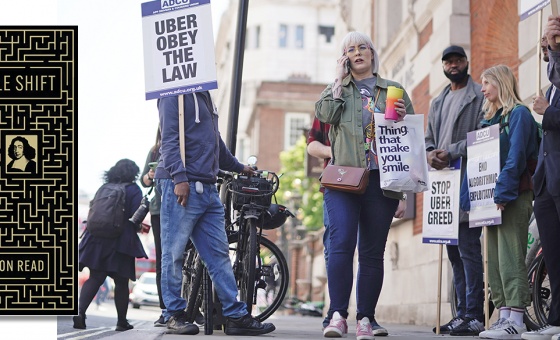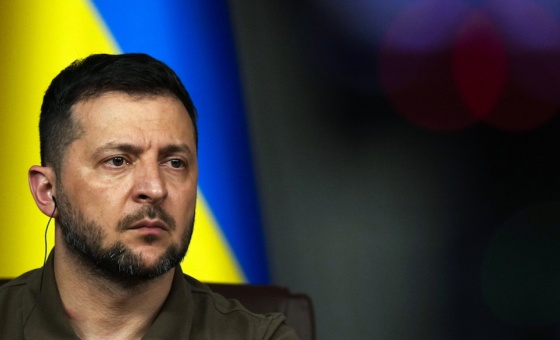This is the last article you can read this month
You can read more article this month
You can read more articles this month
Sorry your limit is up for this month
Reset on:
Please help support the Morning Star by subscribing here
Babi Yar and Other Poems
Ilya Ehrenburg, translated by Anna Krushelnitskaya
Smokestack Books, £9.99
SMOKESTACK continues its fine tradition of publishing international poets of different generations in English translation, a poetic and publishing feat in itself. Babi Yar and Other Poems also has an extensive yet compact introduction by Joshua Rubenstein, a former director of Amnesty International USA.
Ehrenburg (1891-1967) served as a Russian war correspondent in France during WWI, covered the Spanish Civil War for Izvestia, and survived Stalin, while his outspoken columns during WWII won him a huge following among the Red Army and the personal enmity of Hitler who sought his capture and execution.
A Jew, his many books documented the Holocaust in Nazi-occupied Soviet territory. The words Babi Yar themselves refer to a two-day mass shooting of Jews at a ravine called Babyn Yar in 1941, one of the largest massacres perpetrated by German Nazis in Europe. His novel The Thaw gave its name to the Khrushchev years, while his memoir People, Years, Life tested the limits of Soviet censorship under Brezhnev by championing the work of his old friends, such as Marina Tsvetaeva, Isaac Babel, and Osip Mandelstam.
The anthology makes a representative selection of his poetry available in English translation for the first time. His work is said to embody the complexities of Soviet cultural and political history which he survived despite identifying himself with the figure of Doubting Thomas.
The poems chosen are part three of May 9 1945, and a fragment from one of his final poems in 1966, written while Brezhnev was rolling back many of Khrushchev’s popular reforms, Old Age. Both poems focus, like many of the rest, on human survival through dark, bloody, complex and intimidating times – a bit like today.
9 May 1945, part 3
I beg not for myself – for them,
Who lived lives blood-soaked, and who then
Would never know a love, a harp,
A rose bouquet, a mirrored hall,
A homeward footfall crisp and sharp,
A soft lulling slumber call –
I beg for rainbows and for dawn song,
For bells to ring, for blooms to float,
And for the day to sing its swan song
With silver trickling from its throat –
I beg in tears, my begging heart
Gone, woebegone and gone insane,
For some unutterable art
Hid by the hazy gauze of rain.
from ‘Old Age’, 1966
Too late to cry, and the truth is not pretty:
I’ve lived a dog’s life, and that’s a pity.
Life wasn’t too bad, just odd, and confusing –
Not that of a puppet, nor of a human;
Not that of a mensch, not of a true man.
I carried no lumber, but I’ve learned the trick
Of fetching my meaningless fetching stick.
I got no treats, and my master hit me,
Yet I guarded the doors that wouldn’t admit me.
Whenever the moon came out mean and scowling,
You’d hear me barking, you’d hear me howling;
I wasn’t feral, I wasn’t a stray –
I was just faithful enough to stay,
Not to my kennel and not to my stick,
Not to the dogfighters, hot and quick,
Not to sweet lies, not to street fights,
Not to vicious watchdog bites,
But only to weeping from my dark porch and
To my bed of straw, warm like misfortune.











